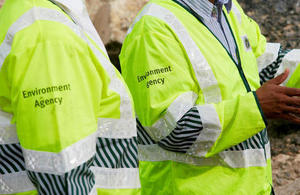Valuation positions at a glance
Funded pension schemes
The Government Actuary’s Department (GAD) provides advice to trustees of a number of funded pension schemes, which cover over 300,000 members with combined assets of around £30 billion.
The funding positions of the funded pension schemes can fluctuate over time as conditions in the financial markets change. To support Trustee Boards in managing these arrangements, GAD is developing a tool which will allow the estimated funding position to be tracked on a daily basis.
We also advise the main unfunded public service pension schemes (such as the armed forces, the Civil Service, NHS and teachers).
Working with software
To obtain an estimate of the funding position, it is necessary to compare the value of the assets and liabilities. A full actuarial valuation is usually undertaken every 3 years. Results from the most recent valuation are used to estimate the funding position at times between full valuations.
The funding monitoring software being developed is designed to calculate “real-time” values of both the scheme assets and liabilities. The software links to market indices which inform asset values and will be used to determine updated financial assumptions for the assessment of scheme liabilities (for example, assumed future levels of inflation and interest rates).
Added value
This work forms part of our wider strategy to provide enhanced client services by upgrading our technology. We are working with our clients to understand their needs and enhance our delivery.
This development should add value for clients by providing instant access to an approximate funding position for their scheme. Once introduced, it is expected to facilitate more effective monitoring and save time and costs removing the need for some existing manual calculation updates.


